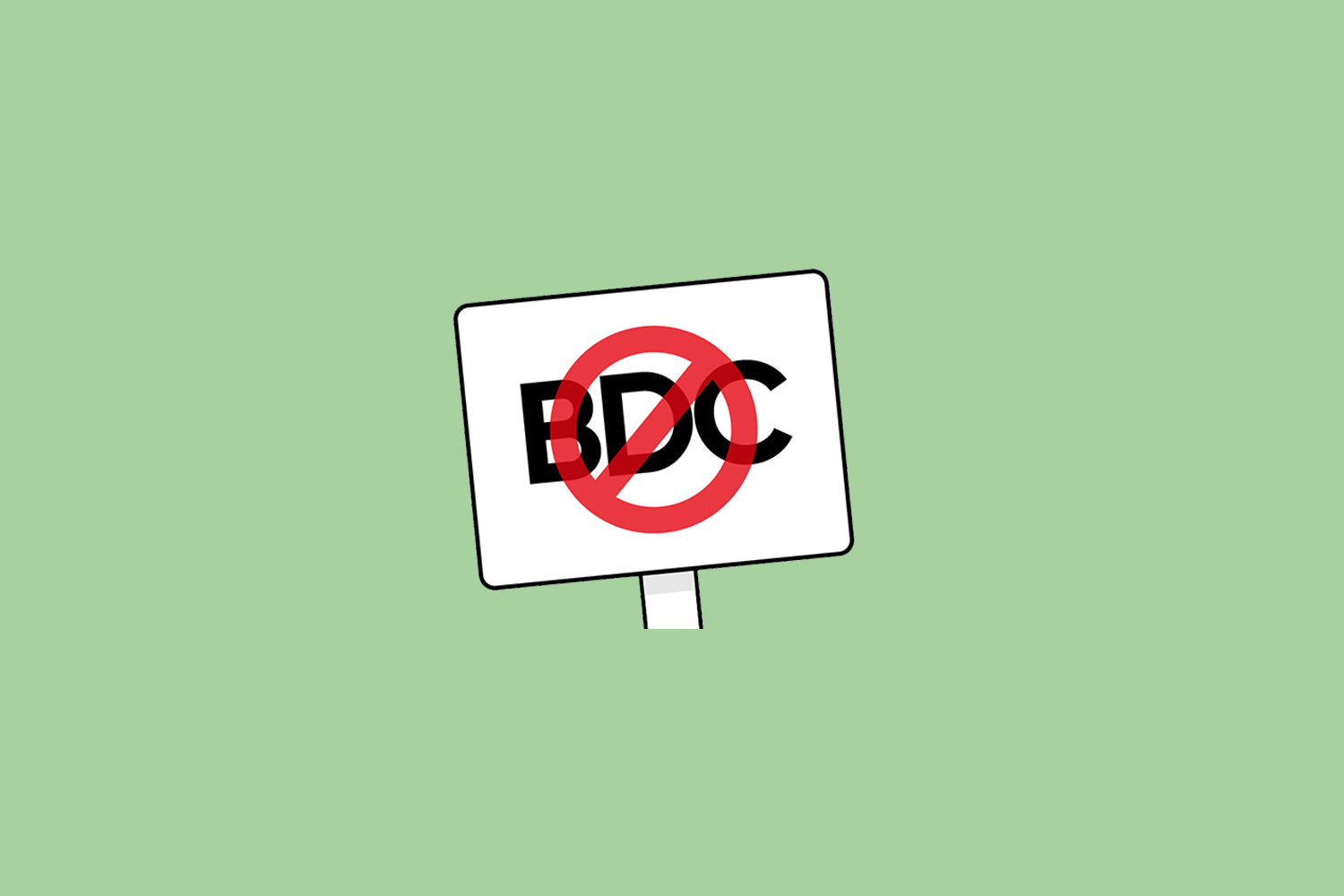The Story
In the outgone week, Fidelity Bank Plc announced it will be acquiring an 100% equity stake in Union Bank UK. The transaction according to the Managing Director of Fidelity Bank aligns with the bank’s strategic plan of expanding its services touchpoints beyond the Nigerian market. Within the same week, Access Bank announced it has received regulatory approval to acquire majority stake in First Guarantee Pension Limited. Access Bank recently became a holding company, and the bank is notorious for its inorganic growth strategy, but is this favorable to investors?
Organic Vs Inorganic Growth
There are 2 ways a company can grow, it can either grow organically or inorganically.
An organization is said to grow organically when its growth stems from an increase in its output and sales. It’s the type of growth that comes from company funded expansion projects that lead to an increase in output and revenue. An example of a company that has grown organically is Sky Group, a UK based media & telecommunication conglomerate that grew by focusing on investment in content and innovation.
Inorganic growth on the other hand, is when a company grows by acquiring other related companies. When a company increases its business activity through mergers and acquisitions, it is said to have grown inorganically. Companies that have grown inorganically include Meta (aka Facebook), Access Bank etc. Compared to organic growth, inorganic growth is a faster way to grow.
Their Pros & Cons
For companies looking to grow at a fast pace, inorganic growth strategy is ideal. Inorganic grow eases entry into new markets, it increases market share and drives out competition. This notwithstanding, growth through acquisitions can be difficult to manage. In situations where company cultures clash, it might be difficult to integrate properly. Also, acquisitions in new markets can be costly and risky.
Organic growth though slower than inorganic growth is less risky. Companies that grow organically benefit from the economies of scale that comes from growing internally and an alignment in business processes and values across board. They however may have to wait for a long period to earn the return from their investment.
Which works best for investors
While a company growing inorganically may seem to have a higher growth rate than those growing organically, they are a lot riskier.
For example, a company growing inorganically may record unrealistic revenue growth in the year following an acquisition. This growth is deceptive as the company may not be able to replicate it in the years following. Access bank immediately after its acquisition of Diamond in 2019 grew its gross earnings by 26%. In FY 2018, the bank recorded a 15% increase in gross earnings and in FY 2020 after the acquisition the bank reverted to 15% growth in gross earnings.
Companies growing organically have slower but more consistent revenue growth. Their revenues are more realistic as they are an outcome of an increase in output and sales.
In a research paper where lecturers from the University of West England & University of Reading decomposed revenue growth into organic growth, inorganic growth & exchange rate effects to see which of these variables most positively impacted revenue growth and enhanced shareholders value. They found that organic growth was the only variable that enhanced shareholders value.
Investors looking to invest in established companies need to pay attention companies’ growth plans and how it will affect their bottom-line. While mergers and acquisitions are very popular, and companies like Facebook and Access Bank seem to have a hang of it, other companies struggle with acquisitions and may never fully benefit from them.




